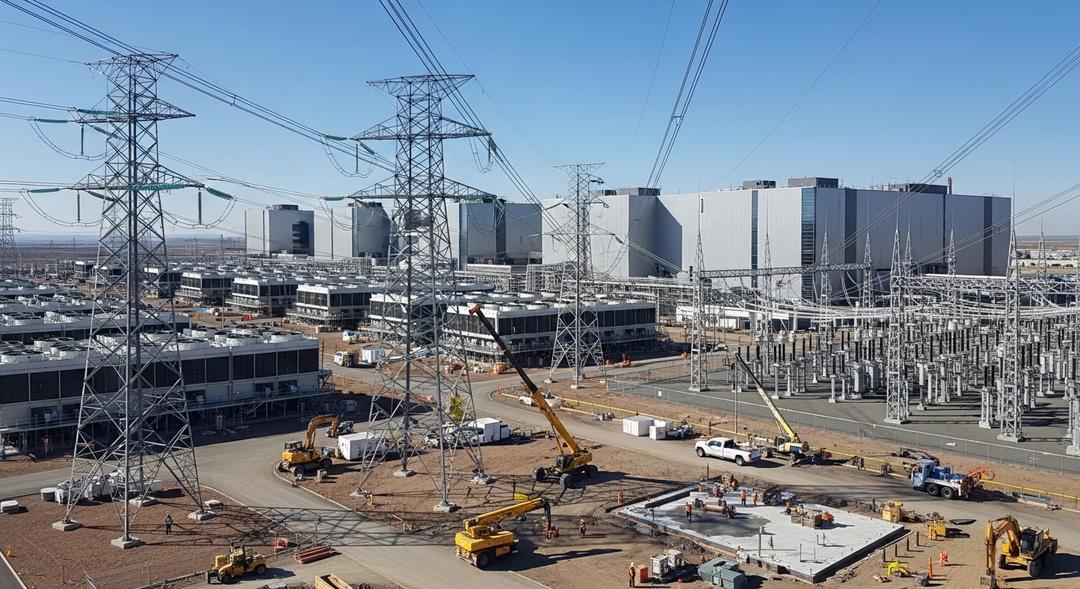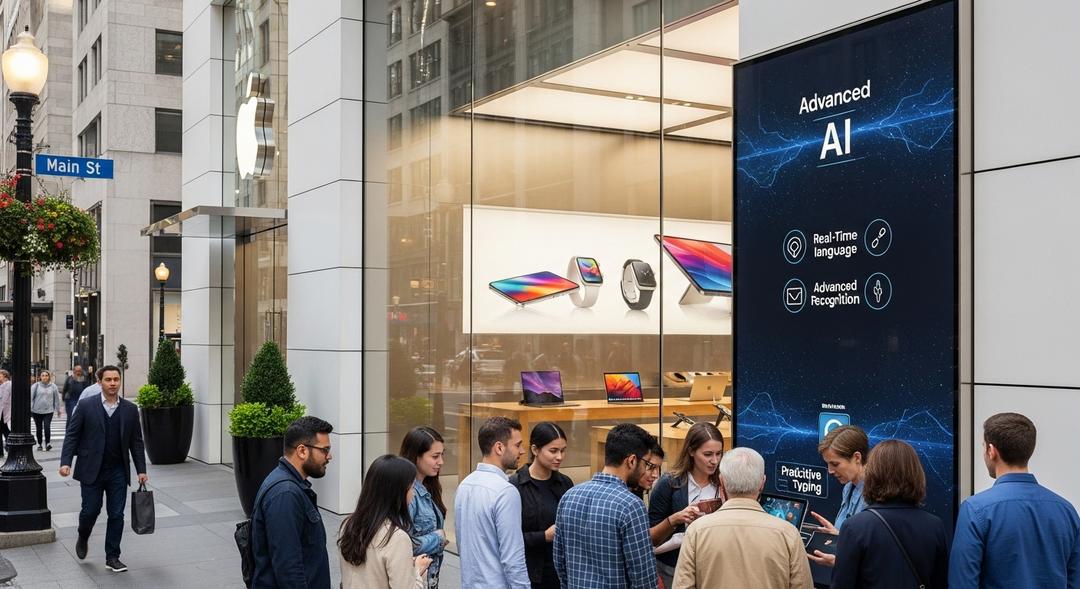A wave of concern is rippling through the tech world as Sam Altman, the leader of OpenAI, points out that young people are growing more emotionally attached to artificial intelligence tools like ChatGPT.
It is not just about leaning on AI for answers to trivia anymore. Many users are saying they feel unable to make choices in daily life without confiding in the chatbot, Altman explained at a recent event. These confessions, some even posted on social media platforms, are highlighting a generational shift in how technology shapes minds and personal agency.
For older generations, ChatGPT remains a convenient search engine replacement. They turn to it for facts, not for help with life’s emotional crossroads. Altman has said that college students, by contrast, are building routines around the chatbot, leveraging its ability to retain context and offer individualized advice about everything from relationships to career planning.
The Changing Role of AI
Surveys at tech gatherings have shown that many users now treat generative AI as a trusted advisor, a trend that has experts worried. Cognitive scientist Dr. Elena Ramirez from Stanford warned, “Relying on AI for every decision could lead to decision paralysis, much like what we have seen with smartphones, but with deeper consequences for a person’s growth.”
College students are now memorizing prompt templates, uploading documents for context, and effectively turning AI into a digital thinking partner. Taken together with stories circulating online, these habits paint a complex picture of convenience mixed with dependency.
OpenAI’s expansion is adding fuel to the debate. The company plans to deploy over a million new processing units before next year, powering an ever more capable chatbot. Usage numbers continue to skyrocket, and Altman is quick to point out that more sophisticated systems will soon perform tasks rivaling human cognition.
Yet, Altman is candid about his own hesitations. He said that, despite AI’s medical expertise, he would not trust it with his own health decisions. “There’s a line when it comes to trusting machines with the things that matter most,” he noted.
The psychological effects are getting more attention. Tech ethicists point out that the constant use of AI might blunt young people’s problem-solving instincts and foster dependency. Altman spoke openly about his fear that future leaders might begin deferring their hardest choices to machine reasoning they don’t fully understand.
Educators are now seeing the need to teach AI literacy. Some schools are bringing in lessons on mindful use so that students can benefit from AI without eroding their independence.
Industry watchers say we are only at the dawn of understanding how deeply AI might shape society and identity. While OpenAI continues to tout safety and responsibility, Altman’s repeated warnings about emotional dependence make clear that this challenge is not just technical.
The real work lies in fostering innovation that helps, not hinders, human growth and freedom.








